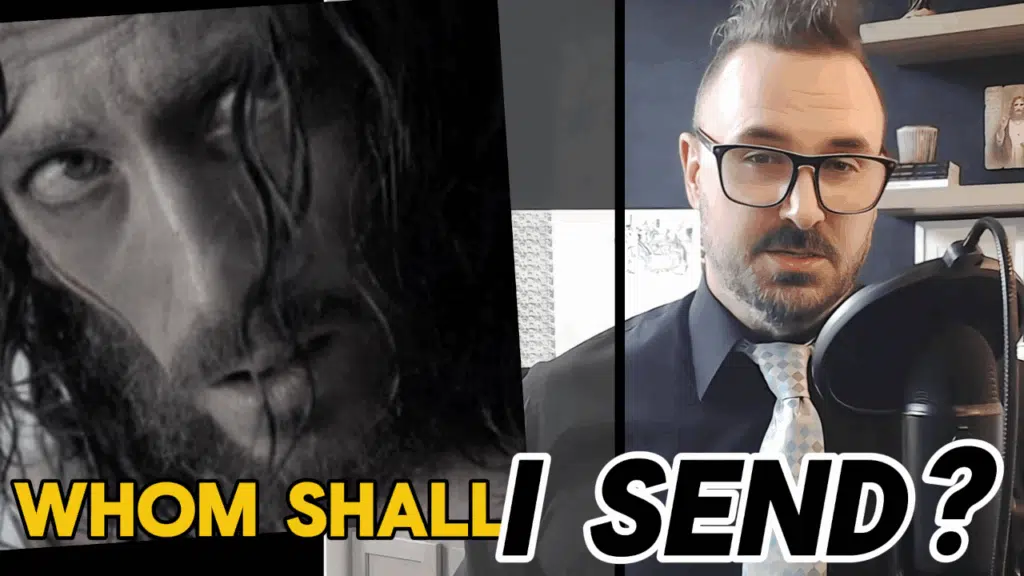
Is Birthright Citizenship a National Suicide Pact?
On the day of his second inauguration, President Donald Trump issued an executive order entitled “Protecting the Meaning and Value of American Citizenship.”
Sounds innocent enough, right? But this is the infamous order declaring that birthright citizenship does not extend to children of parents who are in the United States illegally or temporarily.
“Not so fast,” said attorneys for illegal aliens and their children. “Our clients snuck across the border fair and square and they want the prize promised them by the Constitution – U.S. citizenship for all children born after they crossed the border.”
But is that really what the Constitution says? Here are the words from the 14th Amendment:
All persons born or naturalized in the United States, and subject to the jurisdiction thereof, are citizens of the United States and of the State wherein they reside.
As President Trump noted in his executive order, the words “subject to the jurisdiction thereof” have always been used to exclude certain classes of people from birthright citizenship. That included, for instance, children of diplomats, who enjoy immunity in their host country. For several decades, it also included Native Americans of certain tribes that had entered into treaties that provided at least partial sovereignty. Those exclusions are not in the Constitution, but they are in the law. So why can’t there be an exclusion for illegal immigrants?
Trump’s executive order correctly recognizes that the higher purpose of the 14th Amendment was to guarantee citizenship for the children of former slaves, who had not only been subject to the jurisdiction of the American government, but even subject to sale. They had earned citizenship through hardship, pain, and suffering – not through an accident of birth. Obviously, the authors of the amendment recognized the high value of citizenship, and it seems unlikely they would just hand it out willy-nilly.
Which brings us back to “subject to the jurisdiction thereof.” Were citizenship to be granted simply on the basis of where you were born, that phrase would not have been necessary. Yet there it is. As a matter of law, there is no formal, writ-in-stone definition of what “subject to jurisdiction” means. And that’s what the Trump administration hopes will provide enough ambiguity that the Supreme Court will agree that the president has the authority to declare under his executive powers that the children of illegal immigrants should not be considered birthright citizens because they fail the jurisdiction test.
Three district court judges have already ruled against Trump and issued “temporary nationwide injunctions” to prevent the executive order from being carried out. On May 15, the Supreme Court heard the case, partly to resolve whether district courts should have the authority to apply their rulings nationwide and, ultimately, to make its own determination on the legality of the executive order.
But even if the high court should reject presidential authority to interpret the Constitution, the argument does not end there. Section 5 of the 14th Amendment provides that “Congress shall have power to enforce, by appropriate legislation, the provisions of this article.” In other words, the rare trifecta of a Republican House, Republican Senate and Republican president offers a once-in-a-lifetime chance for Congress to establish once and for all that U.S. citizenship does not hinge on the ability of one’s parents to sneak past the Border Patrol before you are born.
Unfortunately, the Senate’s current filibuster rules would not allow for a simple majority to define “subject to the jurisdiction thereof” in such a way that it excludes the children of illegal immigrants. But since senators in recent years have allowed filibuster exemptions for confirmation of presidential nominations and for votes on budget “reconciliation” bills, there is no reason why some smart parliamentarian could not carve out a new exception narrowly tailored to allow a simple majority to define citizenship.
If that seems like using brute force to impose a nation-changing mandate upon the American people, so be it. As Justice Arthur Goldberg wrote in 1963, the Constitution is “not a suicide pact.” Yet allowing the children of well over 20 million illegal immigrants to become citizens of a country whose customs they ignore, whose language they often don’t understand or choose to learn, and whose laws their parents broke even before they were born, is an invitation to chaos and collapse.
If that’s not a national suicide pact, I don’t know what is.
This article was originally published by RealClearPolitics and made available via RealClearWire.



